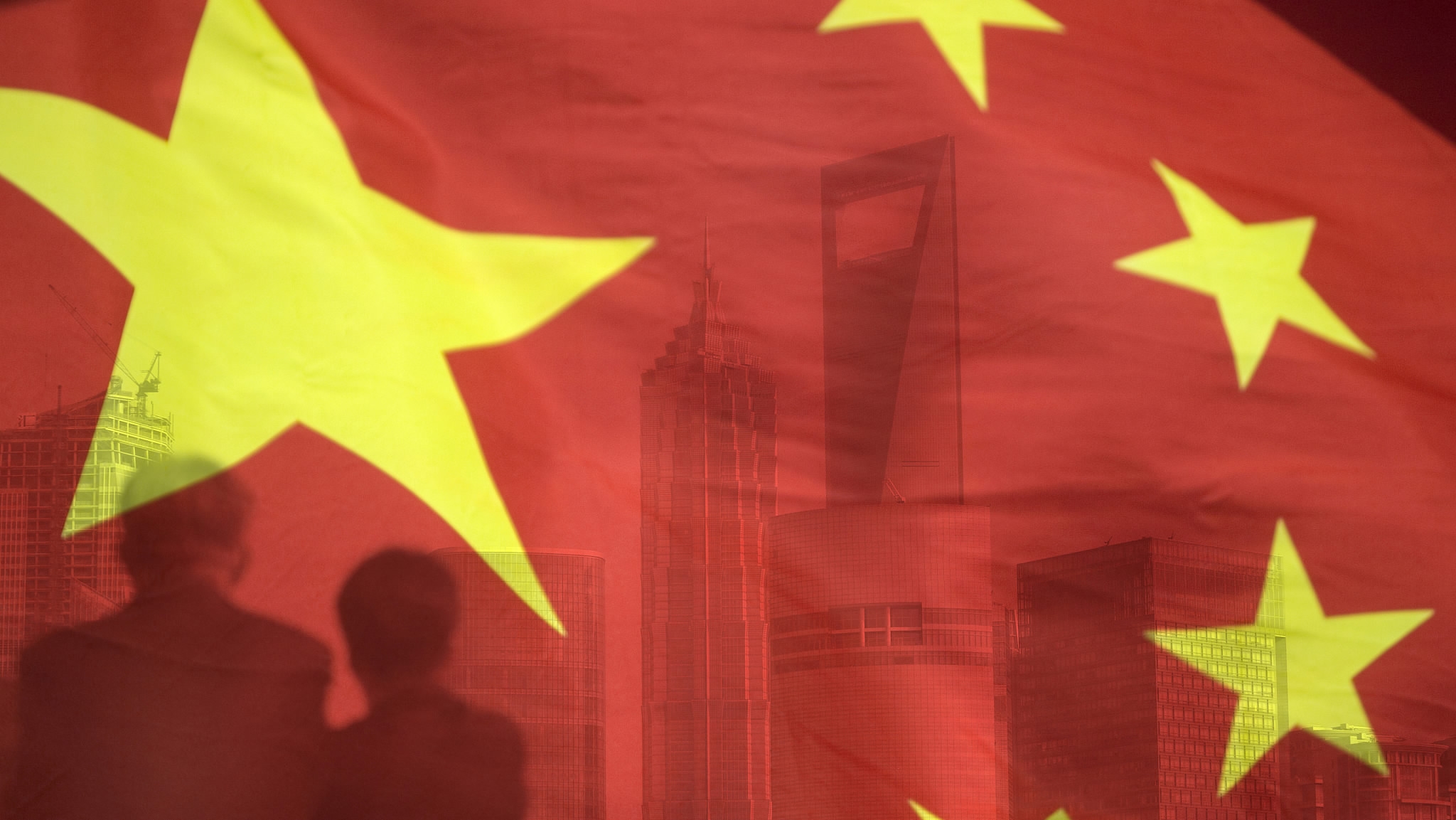
(Photo: CGTN)
By commemorating the 200th anniversary of Karl Marx’s birth, China has shown its prospering with socialism and communism as a guiding principle.
But how can you actually define Chinese soft power? Is it the Confucianism or Marxism, Communism or traditional Chinese studies and its culture?
China has set up many Confucius institutions promoting Chinese language and culture. And at the same time, China is also the world’s largest socialist country with the second largest world’s GDP. Western nations may be confused about Chinese ideology.
“Even for average Chinese, they have felt the dualism and the split of ideology. Personally, I don’t think the Confucianism is the tradition generally. It is more centralized,” said Zhang Jianping, a professor of contemporary literature at New York University on CGTN's Dialogue with Yang Rui.
“China is a modern state with the Marxism as a guiding principle. Tradition only contributes to the plausibility of the social system of the state's ability to protect this social experiment. China is in a better position to engage in this large-scale world historical experiment,” Zhang concluded.


